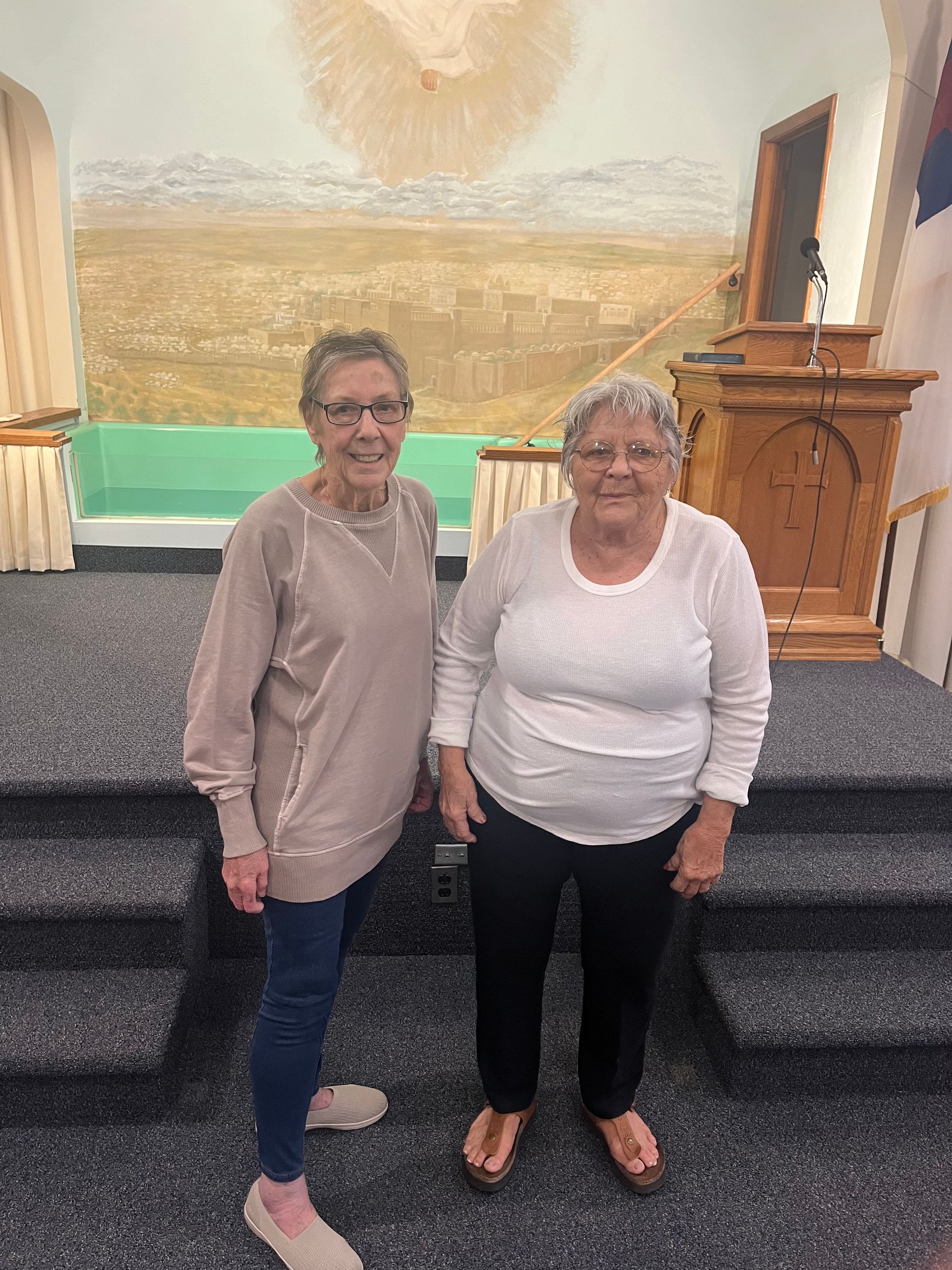Brethren Contemplative: What is Knowledge
I’ve been pondering lately what we mean when we say “we know” something. It is a large question, I know, that some may argue is what theologians and philosophers are paid to do (if those making such an argument believe these roles are even necessary). The study of knowledge is called epistemology. While we may like to place these conversations inside academic institutions, we would be wise to ponder their significance outside the walls of those ivory towers.
In a day and age of instant opinion, Facebook memes, Twitter rants, and Wiki-journalism, we need to revisit again and again what counts as knowledge in our discourse. We ignore such an exploration at our own peril.
The philosopher Plato (c. 428-348 BC) lays the essential foundation for how we understand “knowledge.” In Plato’s work Meno, a tale about Socrates uneducated slave, named Meno, who helps Socrates deduce geometric truths, Plato uses the paradox of wisdom (Socrates) and ignorance (Meno) to create the foundational paradox and process of knowledge. Plato writes:
For true opinions, as long as they remain, are a fine thing and all they do is good, but they are not willing to remain long, and they escape from man’s mind, so that they are not worth much until one ties them down by giving an account of the reason why. . . .After they are tied down, in the first place they become knowledge, and then they remain in place.
Plato lays out a three-part process in how you and I come to know something.
Belief: We have a specific belief about something. We must discern if this is simply an impassioned opinion or a truth that we believe should be evident around us. Our believes are very important (and they are important for knowledge). Belief, though, is tricky because our beliefs can be mistaken. The ancient philosopher Thales believed the earth was flat. It seemed reasonable for him at the time. Yet we know this to be a false belief. Knowledge is not identical with belief but is an important step in the process.
Justification: Since our beliefs can be wrong, we need to tether them to discern their truth. Different disciplines have different justifications. Theologians justify differently than scientists. Most of us get that we need to offer evidence for our beliefs. Without evidence, our beliefs devolve into impassioned pleas on Facebook. A lot of sizzle and very little substance. Such impassioned pleas do little to move public discourse forward. Actually, they almost always elicit knee-jerk reactions from our opponents. You’ve witnessed the cycle and it is vicious! We must be aware that justification does not mean that something is true. Thales believed the earth was flat because when you and I look out over the ocean it looks flat. The desert horizon looks flat. The data accumulated by Thales was not necessarily wrong. It was incomplete. While you can have justification without truth, you cannot have truth without justification.
Truth: We can have belief and justification and still not arrive at truth. For something to count as knowledge—that you and I know it—we must also have truth. This is where postmodernity has wreaked a little havoc on us. I think we all get that justification and belief are not necessarily knowledge but how do we make the claim that there is truth. For knowledge to be knowledge, though, we have to be attempting to know and describe something as true. Without this guiding standard, discourse fails to be coherent. Accountability drops out.
This last step of the process challenges us in our current day and age because we have all accumulated our beliefs and justifications and believe they paint a different picture of the truth. There are legitimate critiques at this BJT (belief, justification, truth) posture. How do we know that we’re operating with correct data at the justification side? Who determines truth? These are legitimate questions that, if we’re being honest, are at the hope of public discourse. They reveal that while I, a follower of Jesus as Lord and Savior, engage a religious pluralist society, my beliefs are simultaneously determinative of the world (I believe Christ’s lordship to be an absolute truth) while simultaneously a strong belief with a justification that others may not share.
How do we move forward? If you’re asking this question, then your posture is hopeful. I think truth exploration names deep anxieties in us all. Our beliefs with justification immediately become truth for us. While our truth claims are determinative, they are not automatically prescriptive for the world around us. Truth exploration requires humility, transparency and curiosity. Our beliefs and justifications tether us to deep truth claims but we freely acknowledge that others see the world differently. What if our claims don’t need to change but our posture does?
What if instead of being offended, you and I were provoked?
How might public discourse change if instead of shutting down or rampant criticism, we took the epistemological posture of curiosity?
If belief and justification do not necessarily mean truth or knowledge, how might mystery shape our conversations? For followers of Jesus, Jesus is simultaneously Jesus of Nazareth and the Second Person of the Trinity. He is simultaneously fully human and fully divine. His paradox is a conundrum to our rational ways of dividing and conquering the world.
What if our debates were not character assassinations, poking fun at beliefs, or screaming truth claims but were, instead, a discussion of the evidence (justification) that we have.
Lastly, and most importantly, what if on some things, you were wrong? Is there any amount of evidence that would make you change your mind?
My hope through all of this is for civility, hospitality, and grace to win the day. Justice needs to happen and judgment is a part of life. But, in all seriousness, most people reading this post don’t need to jump to such realities. You’re not that important nor are you that immune to the struggles of public discourse.










